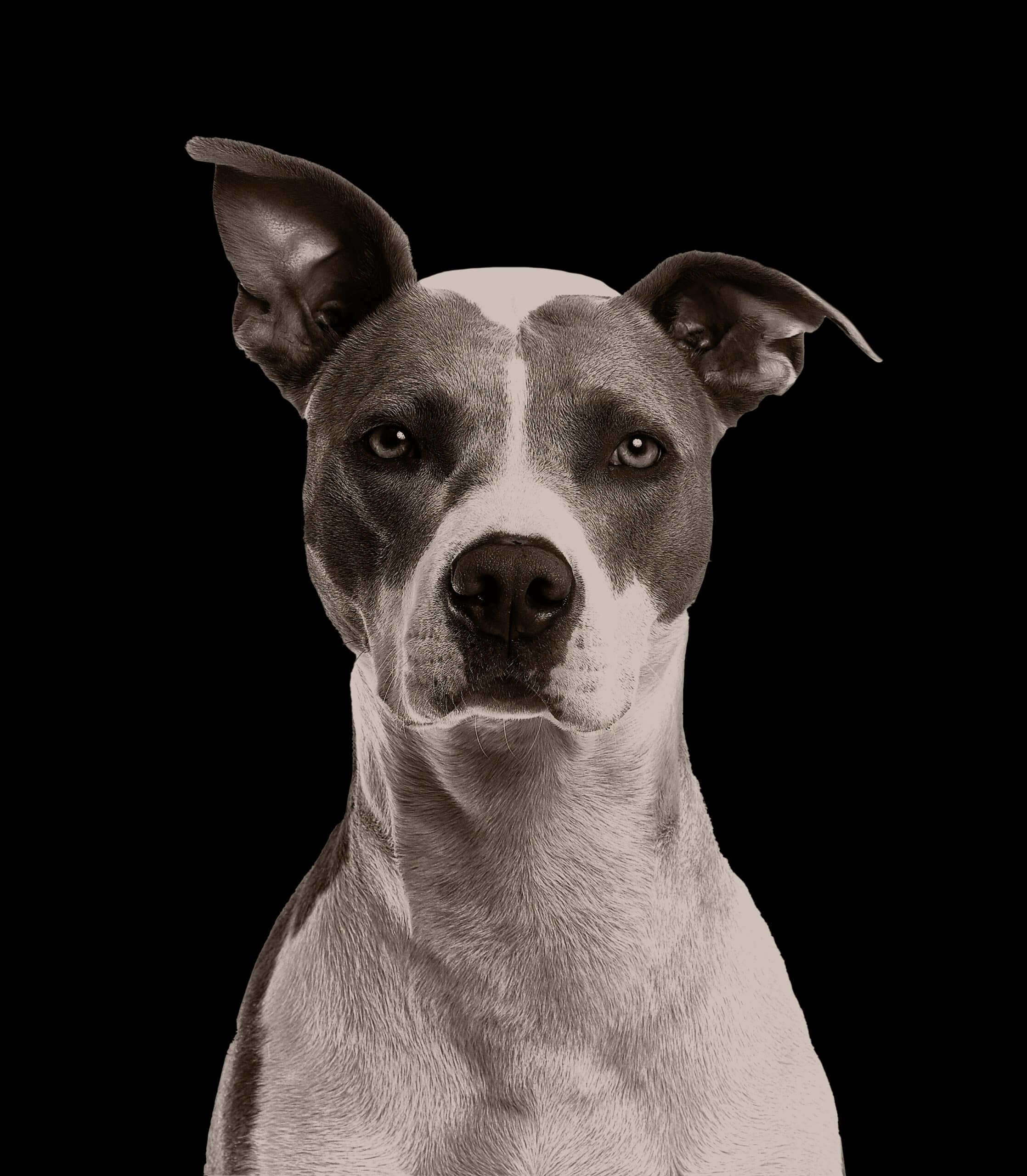Wellness
&Pup offers wellness exams and general checkups to keep your pup healthy. We recommend a wellness exam every six months to help treat and catch any issues early on. Wellness exams can include the reviewing of allergy and vomit/diarrhea workups, treatment of ear infections, eye issues, lameness, and lethargy.
Preventative Medicine
To keep your pup healthy, &Pup veterinarian team can perform preventative diagnostics such as annual vaccinations, parasite prevention, annual lab work, diagnostic imaging (x-rays), oxygen therapy, nutrition consultations, and genetic testing. Members will have direct access with their &Pup medical professional for issues or questions that arise between appointments.
Essential Park Vaccinations
In order for all dogs in the park to be safe, we require that members provide proof of a negative Giardia test every six months and mandatory, core vaccinations for rabies, bordetella, and DHPP. We also offer non-core vaccines for influenza, leptospirosis, and Lyme.
The Puppy Package
At &Pup, we offer everything that your puppy will need to ensure a long, healthy lifestyle including vaccinations, parasite prevention, microchipping, nutrition consultations, and spay and neutering.
Urgent Care
For issues that require immediate attention but are not life-threatening, &Pup offers urgent care appointments for all members. If your pup is experiencing an emergency outside of open hours or if matters require immediate medical intervention, please visit an emergency clinic.
Diagnostics
&Pup has the latest up-to-date veterinary equipment to better help diagnose your pup. Our doctors are highly skilled at diagnostic interpretation and can easily discern which tests to run to construct the best treatment plan for your pup. From preventative testing to sick patient diagnostics, we offer a state-of-the-art radiology suite, lab work, urinalysis, fecal testing, parasite tests, and cytology.
